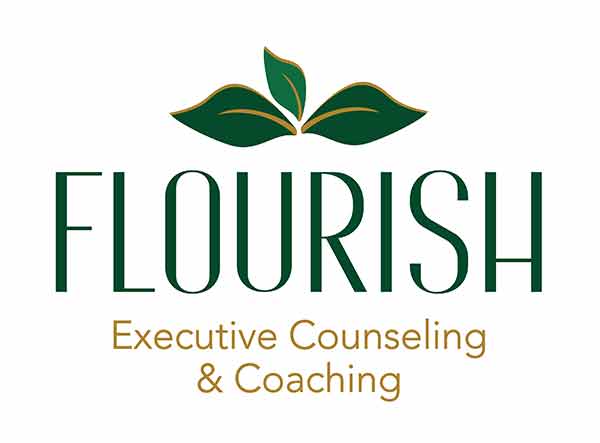Today, I want to talk a little bit about emotional intelligence. It’s something that we’ve all heard a lot about, especially as we are becoming more and more aware of just how important it is to overall development.
Emotional intelligence (EQ) is something that a lot of people believe is a greater indicator of overall life success and fulfillment than even IQ. That’s largely because it has everything to do with how we interact and relate to the world and people around us. It has everything to do with how we navigate through the ups and down in life, and ultimately how we build compassion and empathy.
If we haven’t done work specifically on building our EQ, we’re likely running off the example and modeling in our family of origin. Some of you hear that, and think Great, I had parents who were really comfortable with expressing emotions. For others, you may be thinking I have some unlearning to do. I had a parent with a temper or who stuffed emotions.

So what are the three components of Emotional Intelligence?
1. How broad is your emotional vocabulary?
The sad reality is that most adults use 7-8 words to describe their emotional world (stressed, overwhelmed, tired, exhausted, happy, sad, angry). The truth is that we have such a broad array of words that can describe our emotional world. If we get better at building that vocabulary, we become better at being emotional communicators with others.
2. How well you can tolerate difficult and uncomfortable emotions?
I work with a lot of couples on helping them build the ability to tolerate difficult emotions for a longer period of time while still engaging in constructive dialogue. What happens if we don’t do that is we either get to a point where we blow up or shut down. Creating space for tough emotions helps us figure out how we are feeling.
3. How many skills do you have for emotion regulation?
While working on a tolerance for difficult emotions, we also want to be able to recognize when we need a time out. Sometimes, we need to take care of ourselves so that we can come back in a more constructive way. Emotional regulation skills are things that self-soothe, reset, ground, and reframe. Examples are listening to music that calms you down, putting on essential oils that make you feel comforted, or going for a walk around the block.
If you work on these three components, you are becoming more emotionally intelligent!
Check out our latest online class, Get Clarity®: SHIFT, to learn more about how to manage your energy more effectively.
